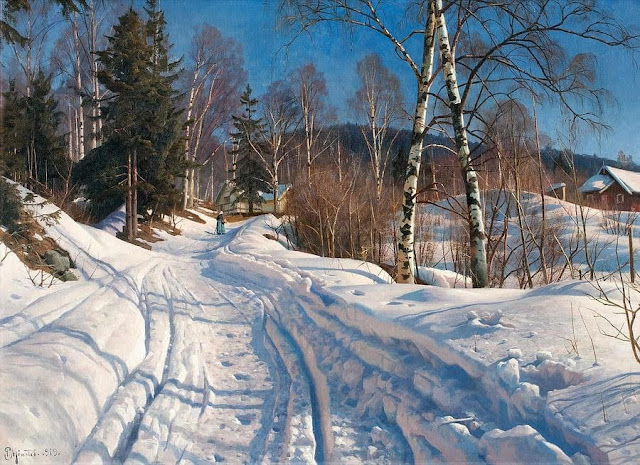A poem from Esther Jansma from her book 'Waaigat' (1993). Original in Dutch and translation into English (made by google translate):
Tuesday, December 28, 2021
Tout Doucement Sans Faire de Bruit
Tuesday, December 21, 2021
Decalogo Del Perfetto
Did you ever write down your own list of 10 commandments? I never did and I guess I didn't because I feel I don't really need them (read: vanity).
Here the commandments of the bible (source), the mafia (source: Italian and English), and the paratroopers (source: German and English). As you can read all three are different.
My summary of the commandments:
- Bible: honor god, sabbath, parents, life, relations, property of others, and truth.
- Mafia: honor our friends ('cosa nostra'), our wives, duty, appointments, and truth.
- Paratroopers: seek combat, comrades, acting, offensive, munition, good weapons, grasping an operation, being agile, and though.
Observations:
- What strikes me is that the commandments of the bible and the mafia exhale the same atmosphere. To honor god or our friends and make sure that no bottleneck pops up and prevent "us" to honor.
- The paratroopers' commandments are at another level. They limit themselves to the battlefield or preparing for it. For them battlefield behavior is key.
- English version of the paratroopers is slightly different from the German original. English 1 = German 1, 3 and 2; 2 = 4; 3 = 5; 4 = 6; 5 = 7 ; 6 = not in German; 7 = 8; 8 = first part of 9; 9 = second part of 9; 10 = 10. Why did the Allied forces in 1942 feel the need to add: "Never surrender. Your honor lies in Victory or Death"? That's not a commandment that appears in the German original. Did that make the Germans look more dumb; like a headless chicken? Did that promote the fighting spirit of the Allies? Was someone playing a psychological game? And did it work?
Tuesday, December 14, 2021
Tuesday, December 7, 2021
Anna from the North
 She was named after her grandmother and because grandma was still alive when Anna grew up, she was called "little Anna". The library was the room she liked best in the house. A room where it was always quiet and the sounds of the house and its inhabitants were muffled. She loved its smell and the way the sunlight played with the covers of the books. A strange mixture of overexposure and shadows of light. Above all little Anna loved what was inside the books. She loves reading.
She was named after her grandmother and because grandma was still alive when Anna grew up, she was called "little Anna". The library was the room she liked best in the house. A room where it was always quiet and the sounds of the house and its inhabitants were muffled. She loved its smell and the way the sunlight played with the covers of the books. A strange mixture of overexposure and shadows of light. Above all little Anna loved what was inside the books. She loves reading.
Snow had fallen. Another winter day in the North. All quiet in the little village with the falu red painted houses. The smell of wood stoves and the cold wind that bites a little on the cheeks. Today little Anna picked a book with the title 'The secret garden' and read only the first three pages. She was curious for "the secret". (She didn't know it yet but this book would change her young life. It was one of the few books that would have a lasting impact on the way she would treat Others. In time her eldest daughter Mary would be named after the main character of this book.) Her other two sisters were helping mom set the table for daddy's namnsdag. In 10 minutes they would eat some cake and drink tea. In the afternoon they would all go sledding up on the mountain - daddy promised it yesterday! - and drink hot chocolate from themed bottles.
Little Anna didn't know for sure what she liked best: sledding with hot chocolate, reading, the stunning red flowers in the vase in the corner of the kitchen, or the apples in grandma's beautiful glass bowl. "I like all of them actually", she thought. "Why should I have to choose? There's no one who says I have to, right! Yes!"
P.S. Sources of the art used: here.
P.P.S. This post has nothing to do with Anna Lotterud (artistname 'Anna of the North'). She makes soft, soul-baring electro-pop music. Our paths cross by accident.
Sources Art
The sources of the art used in the blog 'Anna from the North':















